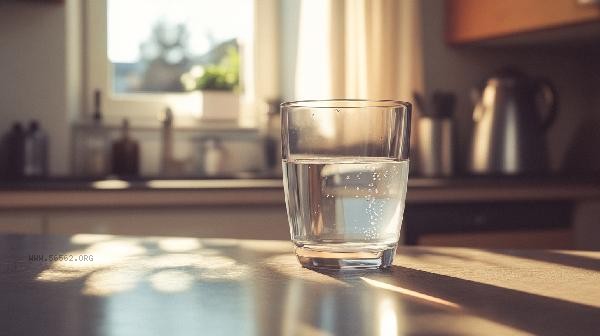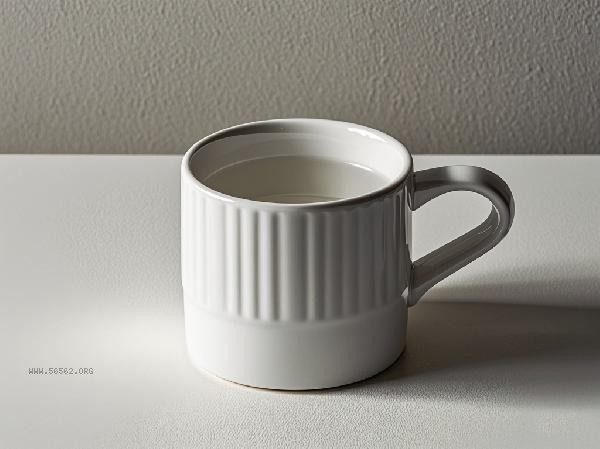Individuals with yin deficiency and excessive fire, hypertensive patients, pregnant women, those with renal dysfunction, and those allergic to licorice should not drink licorice infused water. Licorice has a sweet and mild taste. Although it has the effect of tonifying the spleen and nourishing qi, it may cause adverse reactions in specific physical conditions or disease states.

1. Individuals with Yin deficiency and excessive heat
Individuals with Yin deficiency and excessive heat constitution often experience symptoms such as dry mouth and tongue, hot flashes, and night sweats. Licorice has the property of aiding dampness and generating heat, which may exacerbate internal deficiency fire. If this type of population needs adjustment, they can choose nourishing yin herbs such as Ophiopogon japonicus and Polygonatum sibiricum as substitutes. It is recommended to consult a traditional Chinese medicine practitioner for diagnosis and treatment before drinking.
2. Hypertension patients
Glycyrrhizic acid in licorice will promote sodium ion retention, leading to increased blood pressure. Long term use may counteract the effects of antihypertensive drugs and even induce hypokalemia. Hypertension patients should avoid drinking liquorice water every day. If they need to use traditional Chinese patent medicines and simple preparations containing liquorice, such as compound liquorice tablet, they must strictly monitor the change of blood pressure.
3. Pregnant women
The active ingredients in licorice may affect estrogen levels in the body, leading to excessive intake in early pregnancy or an increased risk of miscarriage. Those with edema during pregnancy should be more alert, because the sodium retention effect of licorice may aggravate the edema of limbs. It is recommended that pregnant women use red dates, goji berries, and other ingredients as substitutes for tea drinks.

4. Patients with renal insufficiency
Glycyrrhiza metabolites need to be excreted through the kidneys. When renal function declines, it is easy to cause metabolite accumulation, which may lead to pseudo aldosteronism, manifested as edema, fatigue and other symptoms. Patients with chronic kidney disease should avoid using licorice preparations, including licorice infused water, licorice zinc granules, and other drugs containing licorice components.
5. Allergic individuals
Some people may experience allergic reactions such as skin itching and rash after coming into contact with licorice. The first time drinking licorice water, try a small amount and observe for 24 hours without any abnormalities before continuing to use. People who are known to be allergic to ingredients such as diammonium glycyrrhizinate should avoid contact with all products containing licorice.

It is recommended that healthy individuals consume no more than 5 grams of dry licorice water per day, and take it continuously for no more than 2 weeks. During the period of taking western medicines such as cardiac glycosides and diuretics, they should be consumed at least 2 hours apart. Daily health can be balanced with heat clearing herbs such as chrysanthemums and honeysuckle to neutralize their medicinal properties. If discomfort symptoms such as palpitations and edema occur, immediate cessation of use and medical attention should be sought. Store licorice in a sealed and moisture-proof manner, and avoid soaking moldy medicinal herbs.








Comments (0)
Leave a Comment
No comments yet
Be the first to share your thoughts!